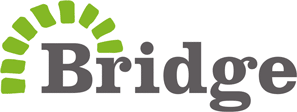UK Parliament calls Bridge model ‘innovative, impressive and scalable’
21 November 2017
Bridge International Academies joins with the UK Parliament in calling for non-state actors to help address the global learning crisis.
The International Development Committee’s (IDC) report rightly emphasises that in low and middle income countries “many governments lack the resources” to provide “quality education to all its citizens” and that DFID agrees “the private sector is essential for universal access to be achieved.”
Bridge agrees with the committee that “More research should be done on how the private sector could be used to improve free, government funded schools” such as those in Liberia. This model has the potential to help children in places like Nigeria where around 11 million children have no school.
A Bridge spokesperson said “We welcome the IDC’s recognition that the private sector has an important role to play in tackling the global education crisis. We are pleased to see that the IDC is no longer questioning whether private actors have a role, but focussing instead on the learning gains they can deliver. This is an important shift and a recognition of the growing evidence that supports social enterprises making a significant and positive contribution towards educating children in places like Sub-Saharan Africa.
“In a world where the majority of children are not learning the basics, we think it is absolutely right that we partner with governments to help them quickly improve education access and quality for some of the most marginalised children in the world. As the report acknowledges, there is ‘a demand for Bridge schools from parents’.
“We are also glad the report recognised the strong learning gains made by children in Liberia, an increase of 100% for children in free Bridge PSL public schools. The report says that the impressive learning gains in Bridge PSL public schools came with a significant cost, but we remain on track to reach the agreed target of spending $50 per pupil by the year 2020.
“Ensuring a regulatory environment that enables a range of providers from NGO’s and charities to the private sector and public systems to deliver effective education systems is key. Of course, we too want to see governments properly regulate affordable schools and we have been helping the Kenyan government to design such regulations for many years.”
The UK government report recognised that parts of Bridge’s model “are innovative, impressive and scalable” and that Bridge “is undoubtedly expanding access to education” in highly populated areas.
Bridge agrees with UK Government Minister of State for International Development, Alastair Burt, that low-cost education is also needed in places where children would not otherwise get an education. The report says that “where governments have proven unable or unwilling to provide education sometimes support for low fee private schools is the only option available to parents.”
The International Development Committee’s report is called Leaving No One Behind. The report analyses the education work of DFID. It notes that the overwhelming majority of DFID funding for education is directly targeted into governments.
[ENDS]
Notes to Editors
For more information please contact:
Ben Rudd
Director of Public Relations
+44 2038 138 236
media@oldbridge.mc-staging2.net
To discover more about the way Bridge is helping to improve education in Africa, please refer to this recent blog.
For more evidence on the positive learning gains made by pupils in Bridge schools, see this recent Bridge story.
For more information about the way Bridge is helping the Kenyan government, with the APBET regulations and in other ways, please refer to this Bridge article.
About Bridge
Bridge believes every child has the right to high quality education and works in partnership with governments, communities, parents and teachers to ensure access to quality education. Bridge has served over 250,000 children to date. Bridge leverages in-depth teacher training and support, advanced lesson plans and wireless technology to provide pupils with a meaningful and life-changing education. Globally, there is an education crisis. Around 600 million children are either not in school at all, or in school and not learning. Bridge is committed to helping tackle this through a data driven, evidence based approach that delivers strong schools and a great education for all.
bridge.mc-staging.net





